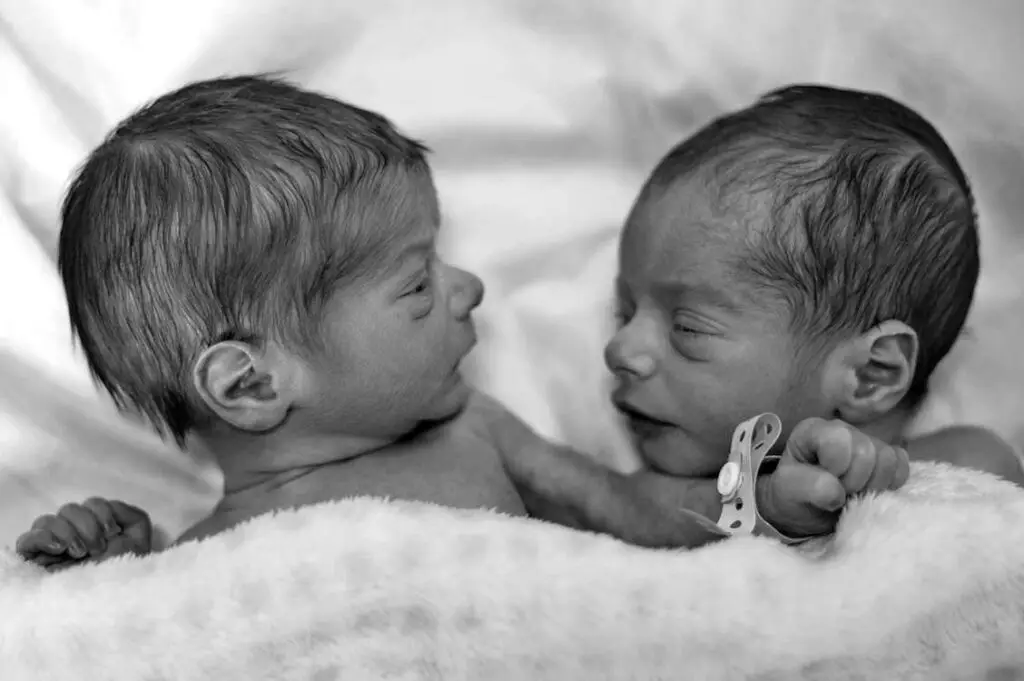With the increasing numbers of people addicted to opioids and other substances seeking drug rehab in Ft. Lauderdale, it’s more likely that some of them will be pregnant women. A study of Neonatal Abstinence Syndrome (NAS) babies born to St. Louis Children’s Hospital found that in the last five years, the number of children born with addiction has doubled. The increase throws a monkey wrench into the often repeated belief that moral failings lead to addiction, but also shows some of the more serious effects of addiction itself on a person’s family and the generational impact of the condition.
While many suffering from substance use disorders will behave in such a way that they become estranged from their family, (possibly steal from them to feed their uncontrollable habit originates from a neurobiological change in the user) pregnant women who are struggling can pass on their addiction to their unborn children. Children born with a heroin addiction give doctors little choice in how to handle the issue, often having to give morphine, another opiate like heroin, in small doses to reduce the child’s withdrawal symptoms. Withdrawal, even in adults, can be extremely dangerous and painful, requiring specialist monitoring in south Florida detox.
Dr. Steve Liao, who works at the hospital where the study was conducted admits that in the situation of neonatal abstinence syndrome, there’s not a lot of options. “When I first came into this, I probably had the same set of biases and some of them are hidden, some of them are subconscious.”
Currently, the Centers for Disease Control and Prevention (CDC) doesn’t track the number of children born into the condition of drug addiction, making the issue of finding safe solutions for treatments even more difficult to achieve. Without recognizing the situation, creating a movement to find safe methods of treatment is left up to those who are in the medical field, who often have to ‘wing it’.
The St. Louis Children’s Hospital is nearly unique and alone in putting together healthcare plans for children born with substance use disorder. Currently, the only thing they’ve found that has any positive effect is to give the child morphine in smaller and smaller doses over time. However, the long term effects of being born with the neurological changes that occur in most addicts has yet to be studied to any extent to understand how the child will grow up and how susceptible to relapse when they get older might be. If they are born into an environment which puts them more at risk to come into contact with illicit addictive drugs, it’s unfortunately a high likelihood they will quickly develop an addiction compared to a child born without NAS.
The problems from substance use disorders can be generational and the growing number of children born with addiction due to no fault of their own is more evidence that there’s a long way to go before the country’s problem will truly be under control.
Substance use disorder is a serious health issue that requires professional help from south Florida drug rehab centers like First Step Behavioral Health. Call (855) 425-4846 for treatment options.
Jump to a Section
Call (855) 425-4846
